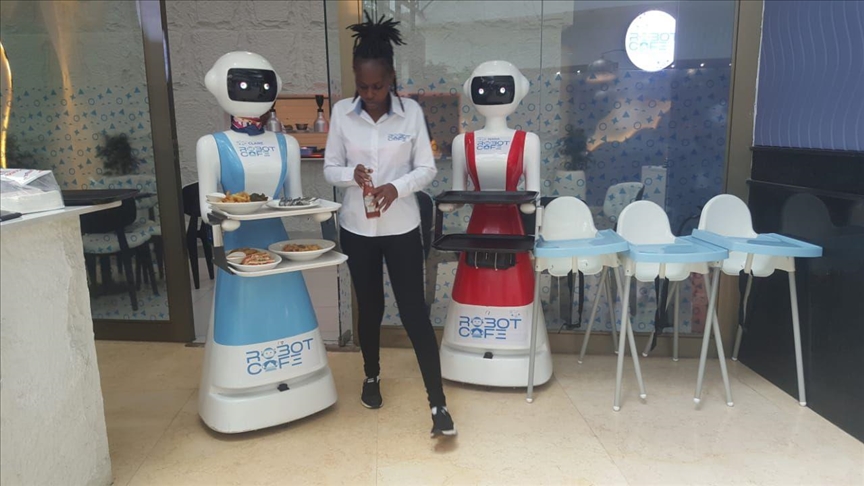The Rise of Robot Waiters in Africa
Robot waiters coming to Africa get excitement and concerns – but which one gets to our tables? Groundbreaking establishments in Kenya and South Africa are at the forefront, creating futuristic dining experiences. The rise of the robot waiter has inspired excitement across Africa. The introduction of the robot waiter has firms in Kenya and South Africa exuberant.
Technological Advancements in Kenya and South Africa
The Robot Café in Kenya has gained popularity as the first restaurant in East Africa that uses robots to serve food. The café employs robots to receive orders and deliver food, providing a distinctive dining atmosphere that merges high-tech with custom. Likewise, the Tang Palace Chinese Restaurant in Johannesburg has implemented robot waiters, becoming the first restaurant in South Africa to do so. These robots help more customers quickly and also allow customers to interact with them at the same time.
The Debate Over Job Displacement
Despite their promise, a lot of people, including this author, worry that robots will take jobs away from human workers. Experts say that when robots start taking over the same employee’s jobs, people will start becoming redundant in the hotel industry and especially in countries with high unemployment. This is especially common in countries such as Kenya and South Africa which have high unemployment rates.
Some Benefits of Robot Waiters
Even with these objections, the benefits of robot waiters are undeniably hard to overlook. Robots do not require breaks to work as hard as they want and make it efficient. Robot waiters are now regarded as appealing features as many customers are tech-savvy. They provide restaurants with yet another selling point.
Looking Ahead: Balancing Innovation with Social Responsibility
As robot waiters become more common, their adoption across Africa will require balancing technology and people’s welfare. The hospitality future we want is one where robots are added to restaurant services primarily to improve customer experiences and not replace human workers. Then, maybe, our future might not be entirely dystopian but a socially responsible world where irreplaceable human warmth and hospitality blend with agentic AI Jacks of All Tastes and Masters of All.


